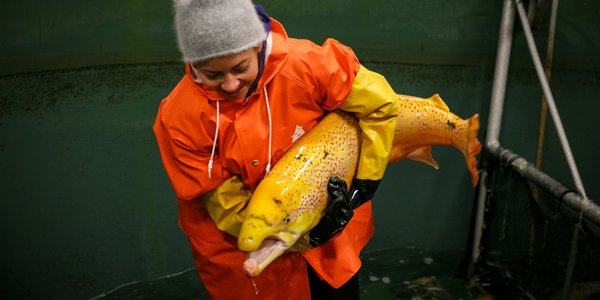2018
Result: (5)

story
Swapping waders for business attire
30.10.2018

story
The “plastic whale” from 1971
23.08.2018


